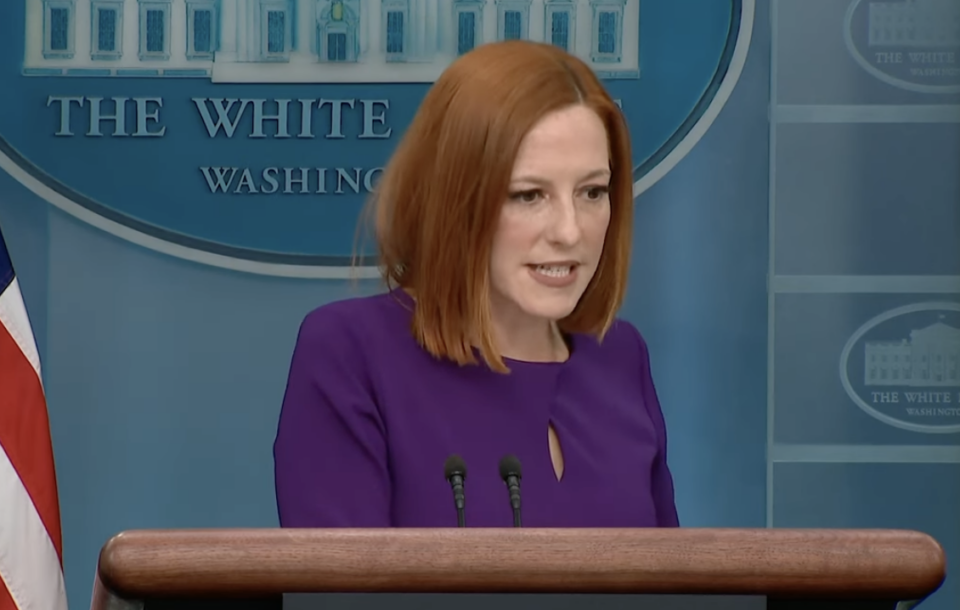In a notable legal battle playing out in the Fifth Circuit Court of Appeals, the Biden administration’s arguments were presented regarding its alleged efforts to pressure social media giants into censoring content it deems unfavorable. The lower court had previously ordered a halt to what it termed the “most massive attack against free speech in United States’ history.” This significant case, likely headed to the U.S. Supreme Court, delves into whether the government has the right to suppress ideas that officials find objectionable.
The oral arguments on August 10th in Missouri v. Biden saw the Biden administration’s attempt to counter the injunction that had been imposed earlier. The central question revolved around whether the government’s actions could be considered coercion or simply the expression of its views.
Department of Justice lawyer Daniel Bentele Hahs Tenny contended that coercion would only apply if the government’s actions were backed by a threat of government action against non-compliant parties. However, the wealth of documents revealed in the case points toward the government actively pressuring social media platforms to censor speech that doesn’t align with its agenda.
Internal communications from social media platforms, like Twitter, demonstrated how high-ranking government officials, often in vehement terms, demanded swift censorship of content they disagreed with. These exchanges give rise to concerns about government officials treating internet monopolies as subordinates, ready to comply with their directives to avoid facing consequences.
The judges in the Fifth Circuit likened this behavior to that of mobsters who don’t explicitly lay out consequences but rather rely on veiled threats to ensure compliance. They indicated that the government’s pressure tactics mirror such behavior, albeit in a government context.
The legal proceedings also highlighted the implications of censorship on election interference. The lead attorney for the plaintiffs, John Sauer, argued that censorship by the government impedes elected representatives from accurately representing their constituents’ voices. This directly undermines the democratic process by making it difficult for officials to gauge public opinion.
The case also touched upon the Democrats’ apparent double standards in relation to free speech. While they advocate for free speech for themselves, they seemingly endorse suppressing speech they disagree with. The FBI’s role in falsely labeling content as disinformation during the 2020 election was brought into focus, raising questions about the selective application of free speech rights.
Ultimately, this case is shedding light on the extent to which the government may be influencing content moderation decisions on social media platforms, and how this practice may infringe on First Amendment rights. The court’s forthcoming ruling will undoubtedly hold significant implications for the future of online discourse and the balance between government influence and free speech protection.

